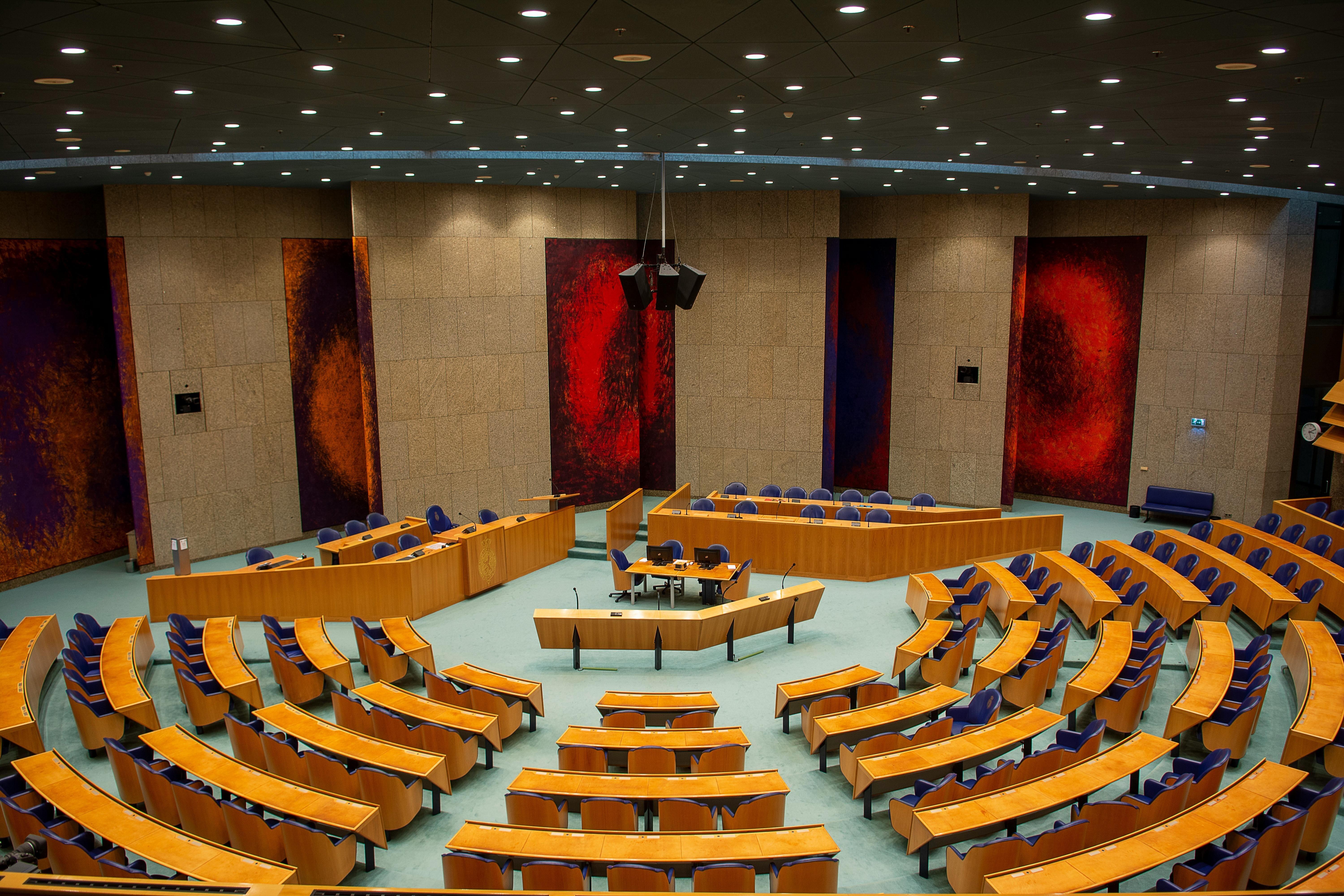IP2Innovate Submits Recommendations for Modernizing the Dutch Patent Act

IP2Innovate has submitted its response to the public consultation on the modernization of the Dutch Patent Act. The response recommends applying proportionality to remedies for patent infringements, incorporating IPRED Article 3(2) into the Dutch Patent Act, and ensuring future-proof patent legislation that enables an innovative and competitive economy.
These recommendations address the issue of injunctions being granted automatically in patent disputes, without a proportionality assessment, creating risks for innovative companies and potentially stifling competition. A more consistent approach to proportionality would foster a more competitive and innovation-driven business environment in the Netherlands.
Click here to see our public response to the consultation.
Other blogs

IP2I Recommendations for Improvements to the Public Availability of Information on Proceedings before the UPC

The UPC - an opportunity to get Europe’s patents house in order

